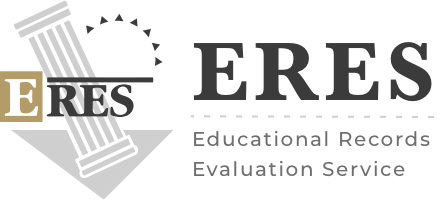Education and Training Requirements
If you are wondering “how to become a speech language pathologist?” then here is the answer. To become a speech-language pathologist, you must earn a master’s degree in speech-language pathology from an accredited program. These programs typically include coursework in anatomy, physiology, language development, speech disorders, audiology, and research methods.
The master’s degree program also involves clinical practicum experiences, where you will gain hands-on training and work with clients under the supervision of licensed professionals. It is important to choose an accredited program to ensure you receive a quality education that meets the standards set by professional organizations and state licensing boards.
Licensure Requirements
Career Opportunities
The demand for speech-language pathologists is growing, and the profession offers excellent job prospects and potential for advancement. As a licensed speech-language pathologist, you will have diverse career opportunities. Here are some options you can consider.
Educational Setting
Speech-language pathologists work with students of all ages to assess, diagnose, and treat communication disorders in educational settings. They collaborate with teachers, parents, and other professionals to develop appropriate intervention plans and support students’ communication needs.
Healthcare Setting
Speech-language pathologists play a crucial role in healthcare teams, working with patients who have experienced strokes, traumatic brain injuries, or other medical conditions affecting speech, language, and swallowing abilities. They provide evaluations, therapy, and rehabilitation to help patients regain communication skills.
In rehabilitation facilities, speech-language pathologists work with individuals recovering from injuries or surgeries, assisting them in regaining speech and swallowing abilities. Speech-language pathologists also provide ongoing support and therapy for residents in long-term care facilities, addressing communication and swallowing difficulties associated with aging or chronic conditions.
Private Practice
Many speech-language pathologists establish their private practices, serving individuals with communication disorders of various ages. This allows for more flexibility in terms of client population, therapy approaches, and working hours.
Research and Academia
As a speech-language pathologist, you can also pursue careers in research institutions, conducting studies and contributing to advancing knowledge in communication sciences and disorders. Furthermore, you may choose to work as a faculty member in universities, teaching and mentoring future speech-language pathologists, as well as conducting research in specialized areas.





